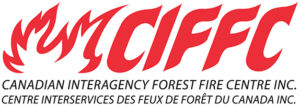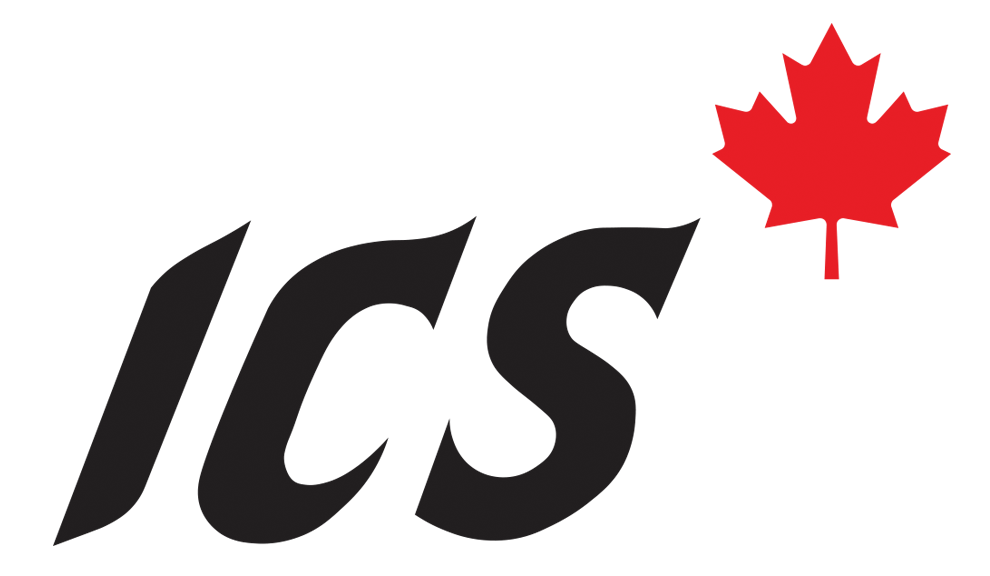When was CIFFC created?
After a series of challenging fire seasons that occurred from 1979 through 1981 in which fire management agencies had experienced critical shortages of personnel, aircraft, and equipment several agencies recognized the need for collective and coordinated efforts by all governments. CIFFC was established in 1982 to formalize the sharing of resources and information amongst the fire management agencies across Canada.
What is CIFFC’s Mission?
To provide timely, effective, and efficient support to member agencies for the enhancement of national wildland fire preparedness, safety, and response capability while fostering a culture of continuous improvement in wildland fire management programs and policies by facilitating interagency and international cooperation. (Note: in 2021, CIFFC’s mandate was expanded to include coordination in the emergency management pillars of prevention and mitigation. The official mandate statement will be updated in early 2022.)
CIFFC Membership
CIFFC members are made up of the Provincial, Territorial and Federal (Parks Canada and the Canadian Forest Service) agencies responsible for wildfire management in Canada. All members have representation on the various pan-Canadian Committees and Working Groups. Membership is not open to the public, vendors or other government institutions outside of the wildland fire management agencies.
Where do I find fire Information?
Each day during the peak of the fire season CIFFC produces the National Fire Situation Report. For further details on specific fires we recommend consulting the various agency sites from our member Agencies links page.
How does CIFFC address resource exchange?
During periods of escalated wildland fire activity CIFFC acts as a resource “broker” matching up those agencies that have specific resource needs (aircraft, personnel, equipment) with those agencies that have resource availability. Resources are exchanged under the auspices of the Mutual Aid and Resource Sharing (MARS) Agreement. Originally developed in 1983, this document is the legal instrument allowing the sharing of resources between agencies.
Who takes part in CIFFC deployment missions?
Member agency personnel, and owned or contracted equipment and aircraft participate in interagency exchanges brokered through CIFFC. CIFFC does not hire firefighters nor do we mobilize volunteers.
How do I apply to be a firefighter?
CIFFC does not hire firefighters, please reference the wfx-fit FAQ and contact page to find direct links to the provincial, territorial fire management agencies and Parks Canada. These organizations are responsible for fire management and response within their respective jurisdictional boundaries and as such they hire firefighters. Note that hiring and application deadlines vary and can be as early as December or January for the upcoming fire season.
How do I volunteer to help fight fires?
CIFFC does not coordinate the mobilization of volunteers. Wildland Fire Management Agencies do not engage volunteers to fight wildland fires. Volunteer opportunities supporting evacuees may exist with local authorities and voluntary sector organizations such as the Canadian Red Cross.
What training do I need to be a Wildland Firefighter?
The standards for training, knowledge and experience needed to become a certified wildland firefighter, are set by each Provincial, Territorial, or Federal (P/T/F) wildland fire agency. The Canadian wildland fire training model relies on experiential learning and demonstrated performance achieved through on-the job coaching, mentoring, continuous learning. This approach is significantly different than some other industries that may rely on training to qualify or certify a worker.
Where can I take/ get wildland firefighter training that is accepted by Provincial/Territorial or Federal (P/T/F) fire management agencies ?
Provincial, Territorial, and Federal wildland fire management agencies provide and prescribe required training for their staff, contractors and partners based on that agency’s policies, procedures, and legislative requirements. Please refer to the direct links for each Canadian Fire Management Agency. Parks Canada British Columbia Yukon NWT Alberta Saskatchewan Manitoba Ontario Quebec Newfoundland and Labrador New Brunswick Nova Scotia PEI
Why won’t a P/T/F fire management agency recognize my training.
Each Provincial, Territorial or Federal fire management agency has established knowledge, training and experience requirements needed to be considered qualified or certified in their jurisdiction. As policies, procedures and legislation differs between the agencies, training and qualification does not necessarily transfer from one agency to another.
Why won’t CIFFC deploy me to another jurisdiction.
CIFFC mobilizes Provincial/Territorial/Federal (P/T/F) resources that have met both their home agency certification requirements and the interagency exchange standards as validated by the home P/T/F. CIFFC is able to mobilize personnel offered and coordinated through the member P/T/F agencies or our international partners.


